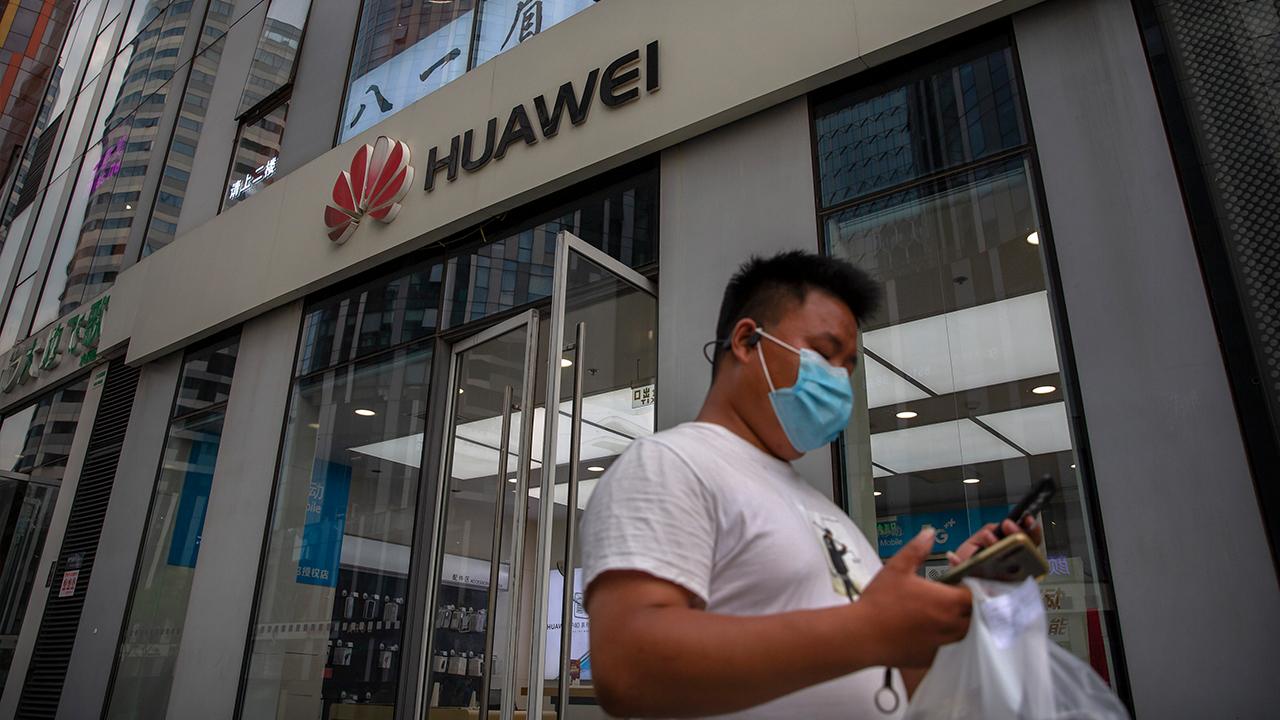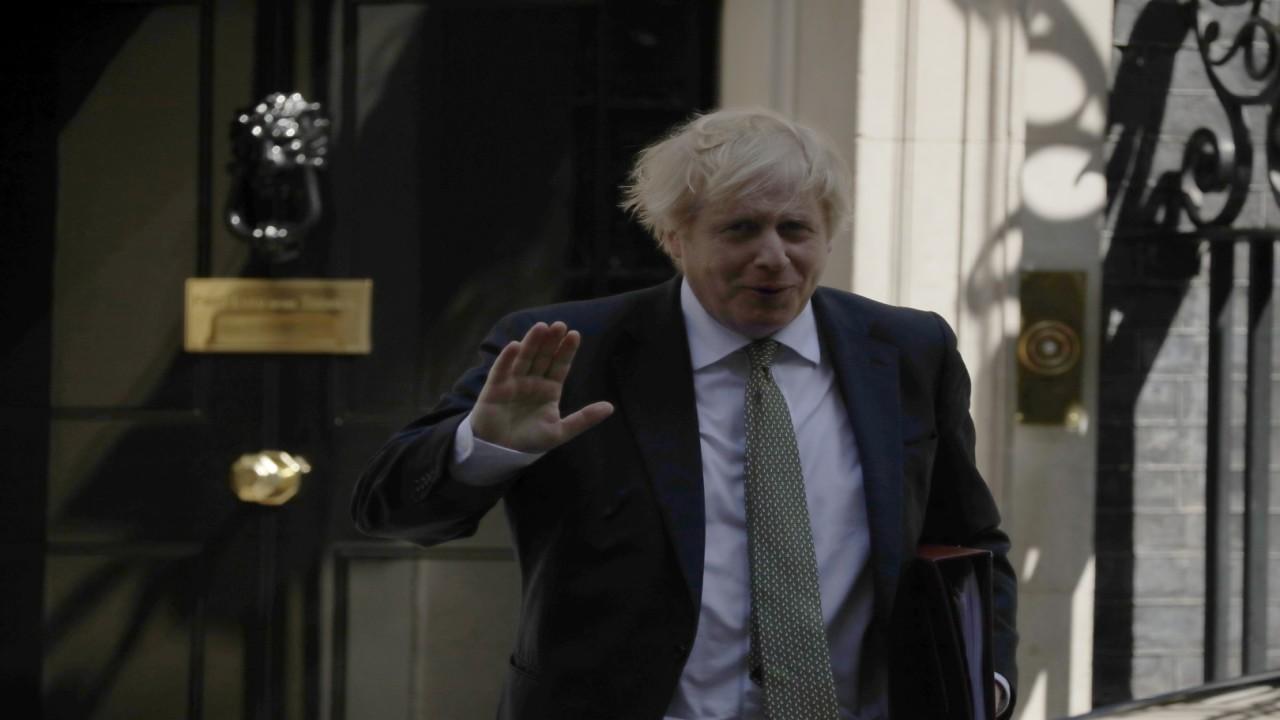UK economy rebounding from coronavirus setbacks as public borrowing mounts
Economists raise concerns over potential job losses
LONDON – Britain’s economic recovery from the shock of the COVID-19 pandemic has gathered pace, data showed on Friday, but government borrowing rose past the 2 trillion pound mark and fears of future job losses are mounting.
Retail sales rose above pre-pandemic levels in July, the first full month for many shops reopening after lockdown, and August’s Purchasing Managers’ Index (PMI) data showed the fastest growth in almost seven years.
But Britain’s economy still faces a long recovery after shrinking by a record 20% in the second quarter, the largest decline of any big country.
“The UK is still seeing a V-shape bounce in activity. But ... a hot summer can quickly turn to a cold autumn,” HSBC economist Liz Martins said, pointing to a softening in euro zone business activity as coronavirus cases begin to rise again.
Retail sales in July were 1.4% above year-ago levels and 3.0% above their level before the pandemic, the Office for National Statistics said.
August’s preliminary composite PMI, which covers most businesses outside retail, hit its highest level since October 2013.
GET FOX BUSINESS ON THE GO BY CLICKING HERE
But employers are increasingly planning to shed jobs and were making staff redundant rather than bringing them back from a government-subsidised furlough scheme that expires in October.
“Scarring from the pandemic and lingering doubts about the sustainability of recovery resulted in a need to cut overheads,” said Tim Moore, economics director at IHS Markit, which compiles the PMIs.
The Bank of England forecasts unemployment will reach 7.5% by year-end, almost double its most recent reading.
Separately, the Confederation of British Industry said manufacturing orders were “severely depressed”, with little improvement in August.





















